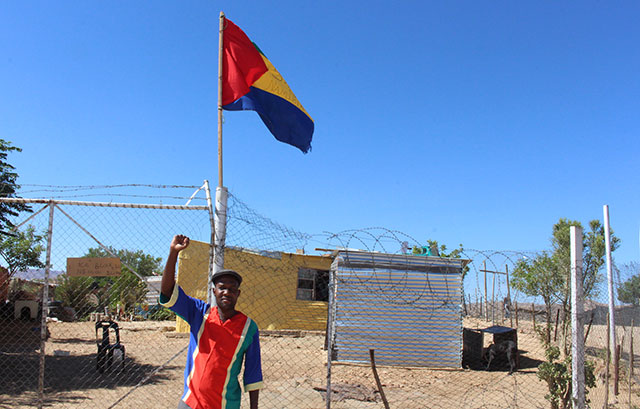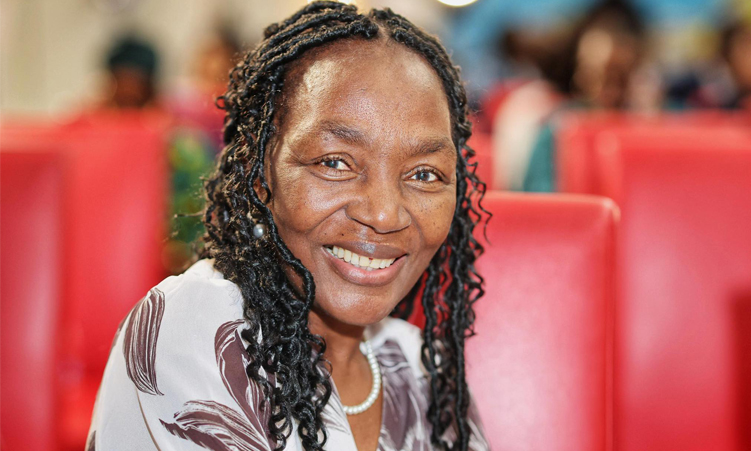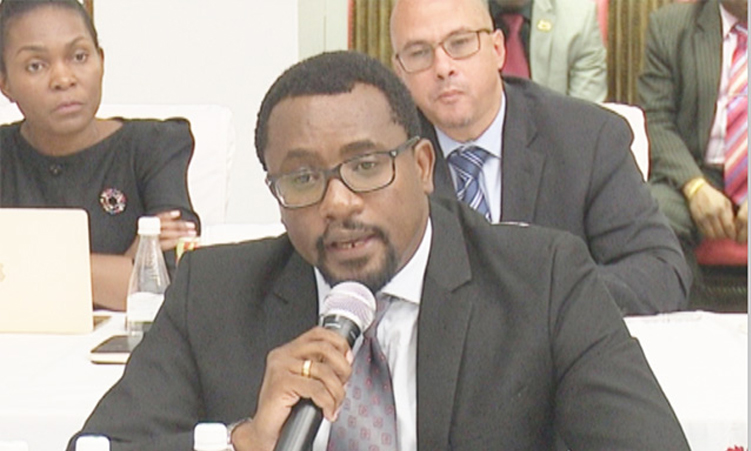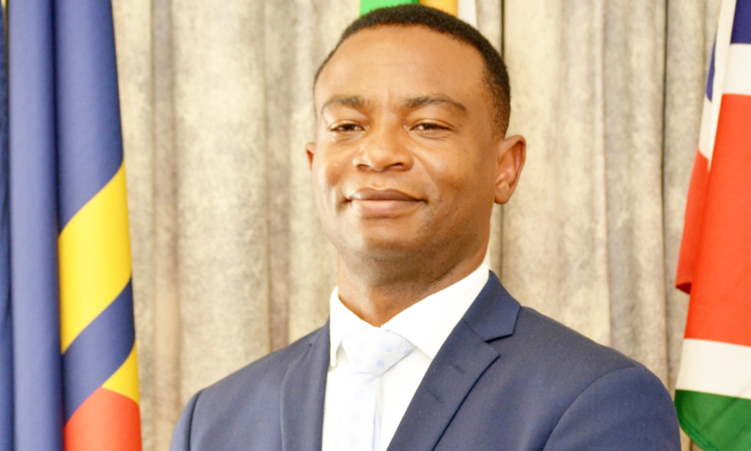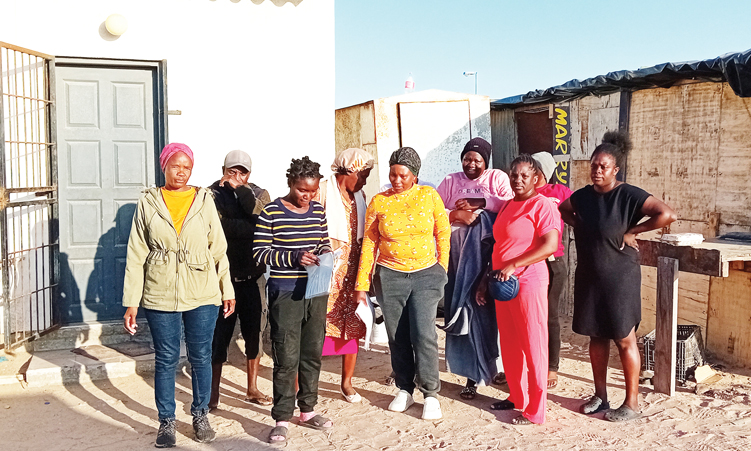SWANU president Tangeni Iijambo says the government could be violating some citizens’ fundamental rights by criminalising the use and growing of cannabis.
Iiyambo said the current laws regulating the use of the drug could also be infringing on people’s privacy and cultural beliefs.
He made these remarks in the National Assembly last week when he asked the government, through the ministries of justice, agriculture and health, to explain its reasons for criminalising the use, selling and growing of cannabis in Namibia.
Cannabis is classified as a psychoactive drug derived from the cannabis plant. It has both recreational and medical uses, and is either smoked, put in food, or used in oil form. There has been a wide range of global debates about whether to legalise cannabis.
Countries like South Africa have legalised the private use of cannabis last year. The decision allows adults to consume cannabis at home, and grow it for private consumption. The parliamentarian said by criminalising the use of cannabis, the government was discriminating against Rastafarians in their culture as “dagga is part of their inherent culture”.
He added that if the laws in place to regulate cannabis in the country were put in place by the former South African regime with the intent of criminalising the cultural practices of black people, it must be amended for the substance to partially help grow the ailing economy. The Swanu leader said there were countless health and economic benefits from growing cannabis, and that the medicinal use of cannabis was a multimillion-dollar industry, which was growing.
He added that cannabis and hemp products could also offer a means to a livelihood for many poor communities “if they were allowed to cultivate, process and trade in the industry”.
According to him, the government could also address the unemployment problem by legalising the weed, and allowing communities to grow and sell it.
“Would the minister agree that the government is losing out on a huge source of potential tax revenue, and is falling behind the rest of the world in exploiting the industrial and economic potential of the hemp plant?” he asked. Iijambo said even the 1988 United Nations convention on drugs has called on member states to change their attitude towards cannabis, and calls are reaching a crescendo to decriminalise dagga possession and usage.
“If decriminalising the substance would vastly reduce law-enforcers’ workload, cut operational costs and enable them to concentrate on serious crimes, such as murder, rape and robbery, why maintain the expensive status quo?” Iijambo asked rhetorically.
Stay informed with The Namibian – your source for credible journalism. Get in-depth reporting and opinions for
only N$85 a month. Invest in journalism, invest in democracy –
Subscribe Now!




